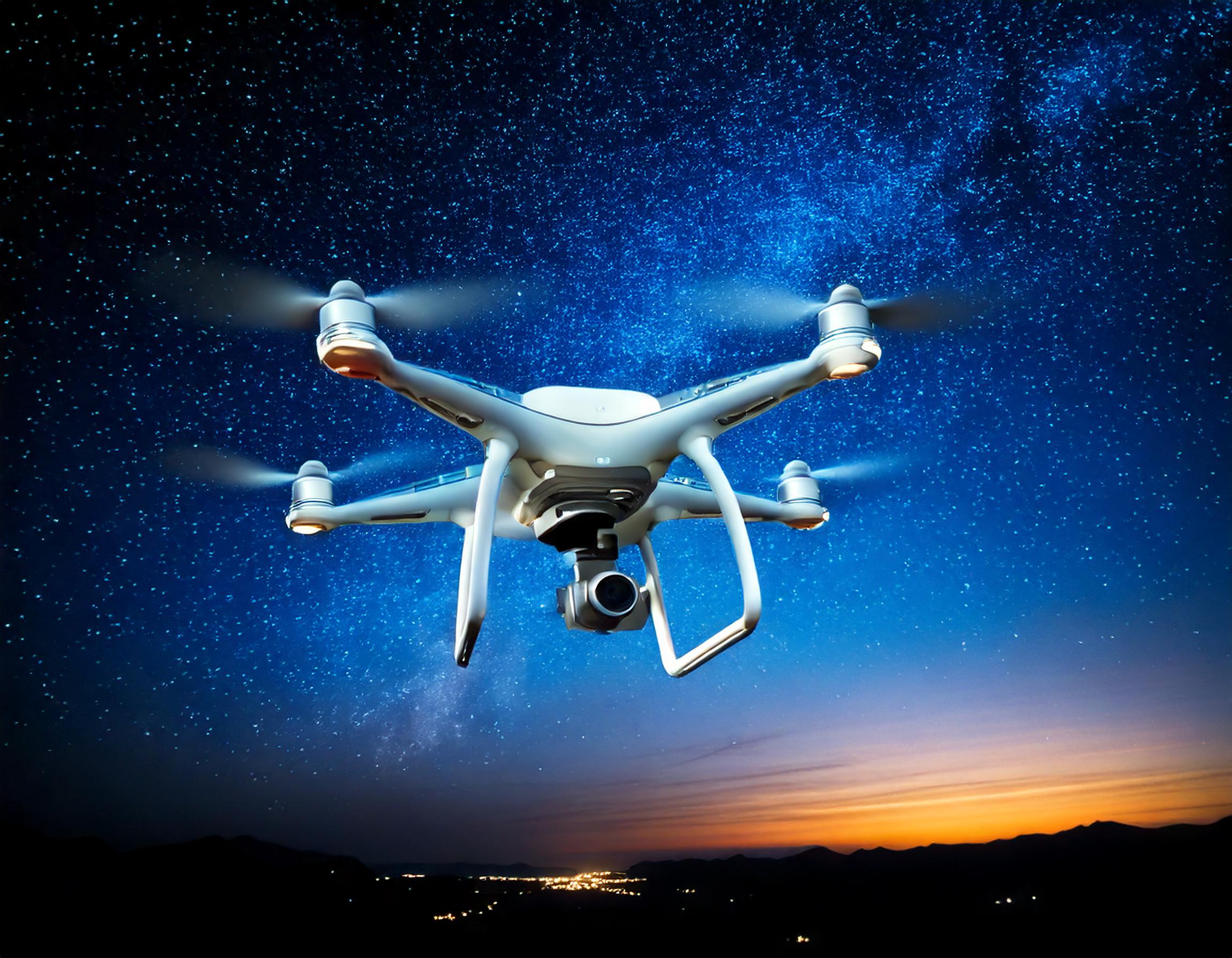Anyone who’s been paying attention to the news lately has certainly heard of the kerfuffle over drone sightings in New Jersey. Here’s the take from a long-term FAA-licensed drone pilot and educator.
These alleged drone sightings began in mid-November in New Jersey. Since then, signting have also been reported in Maryland and Virginia as well.
To date, the FBI, Department of Homeland Security, FAA, and state and local governments have investigated over 5000 sighting reports. Of those, only around 100 were deemed credible enough to warrant further investigation.

Mistaken Identity
As an experienced drone pilot, I firmly believe that the vast majority of these sightings are cases of mistaken identity. Even in daylight, drones are not easy to spot when at a distance. At night, it is orders of magnitude more difficult to identify one when the only thing you can see is the static or blinking identification lights. A drone 100 yards away is visually indistinguishable from a small airplane 2-3 miles away, and a drone ½ mile away looks virtually identical to a star or planet.
If these are not drones that people are seeing, what can they be? In addition to manned airplanes and helicopters, they could be weather balloons, military anti-drone technology testing, or even satellites.
It is certainly possible that people have seen some actual drones, as flying at night is legally allowed for hobbyists, licensed drone pilots, and military users, so long as safety precautions are followed, but I think this is a very small portion of the reports.
The Backlash
What’s worse than false reports are the responses some people have had to the sightings. There have been reports of people attempting to shoot down drones, and even some politicians encouraging them to do so. Shooting down any aircraft, including drones, is not only illegal, but incredibly unsafe. Any projectiles shot upward will come down somewhere, possibly injuring anyone nearby.
Some people have also been using laser pointers to try to disable these drones, which creates a severe safety hazard to pilots of aircraft which have been misidentified as drones.
Drone rules and TRUST
In my opinion, much of the issue could be avoided if more people were aware of drone rules. These rules establish two categories of private drone pilots, each with their own requirements and regulations. Recreational pilots (hobbyists) fly drones only for fun. They are required to pass a free FAA exam known as TRUST (the recreational UAS safety test). The TRUST exam includes online training on basic airspace and other rules.
Non-recreational drone pilots must pass an aeronautical knowledge test to be certificated as a Remote Pilot (also known as the Part 107 exam). This required extensive training in airspace rules, airport operations, aviation weather, safety, emergency procedures, aircraft inspection and maintenance, and aeronautical decision making.
Either category of drone pilot must know the relevant rules, including where and when they can fly. There are, of course, those who choose to not abide by the rules, but this is no different for drone pilots than it is for drivers who choose to not obey traffic laws.
Hopefully this whole incident will lead to better understanding of drone usage and rules, and not lead to conspiracy theories and fear.
Donald Laird
Owner, Sky Perspective Photos
Developer and instructor, Santa Rosa Junior College Drone Studies Program
Written by
